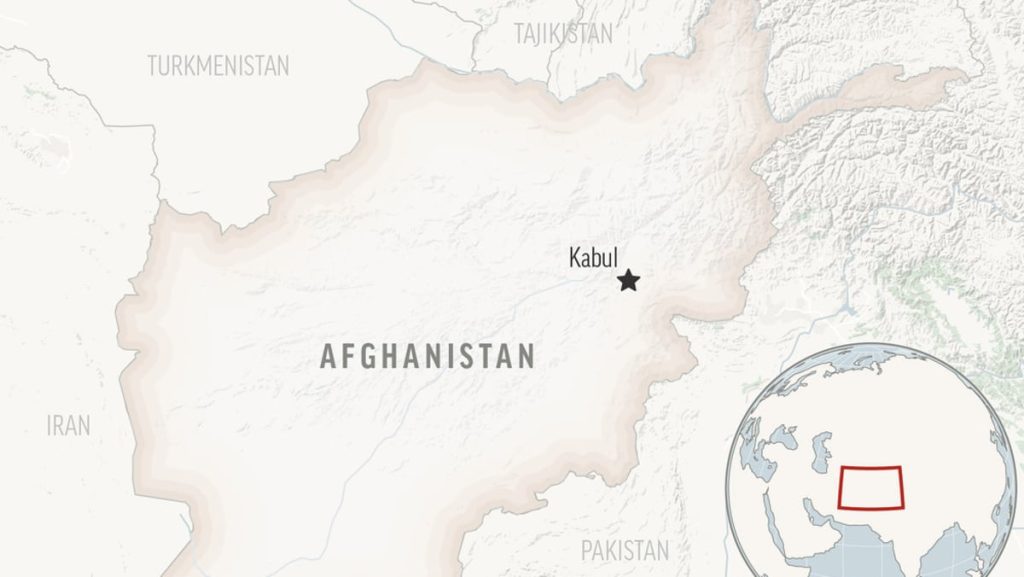A suicide bomber carried out an attack in the Afghan capital Kabul, killing at least six people and injuring 13 others on September 2. The blast occurred in the Qala Bakhtiar neighborhood, with all the victims being civilians. Among the dead was one woman, and the wounded were taken to a hospital for treatment. The police are currently conducting an investigation, and no group has claimed responsibility for the bombing yet.
The Islamic State group’s affiliate, a rival of the ruling Taliban, has previously carried out attacks on various targets in Afghanistan, including schools, hospitals, mosques, and Shiite areas. The Taliban took control of Afghanistan in August 2021 after the departure of US and NATO troops. Initially, there were promises of a more moderate stance, but the Taliban has since reintroduced a strict interpretation of Islamic law, similar to their rule from 1996 to 2001.
The Taliban’s return to power has raised concerns about their treatment of civilians and potential human rights abuses. The group’s actions have faced criticism from the international community, with many calling for an inclusive government and respect for human rights. The recent suicide bombing in Kabul highlights the ongoing security challenges in the country and the threat posed by extremist groups like the Islamic State affiliate.
The attack comes at a time of political and social turmoil in Afghanistan, with the Taliban consolidating their control while facing resistance from various groups. The international community has expressed concerns about the humanitarian situation in the country, particularly regarding access to basic services and the rights of women and minorities. The bombing underscores the fragile security situation in Afghanistan and the risk of continued violence and instability.
Efforts to establish a stable and inclusive government in Afghanistan have been complicated by the presence of multiple armed groups and ongoing security threats. The international community has called for dialogue and peaceful solutions to the country’s challenges, urging all parties to respect human rights and work towards a sustainable peace. However, the recent bombing in Kabul indicates the continued threat of violence and the need for coordinated efforts to address security concerns and protect civilians.
As Afghanistan continues to grapple with the aftermath of the Taliban’s return to power, the recent suicide bombing serves as a tragic reminder of the ongoing conflict and instability in the country. The attack underscores the need for a comprehensive approach to addressing the root causes of violence and extremism, including promoting dialogue, protecting human rights, and building a more inclusive society. The international community must continue to support efforts to promote peace and security in Afghanistan and to hold accountable those responsible for attacks on civilians.


